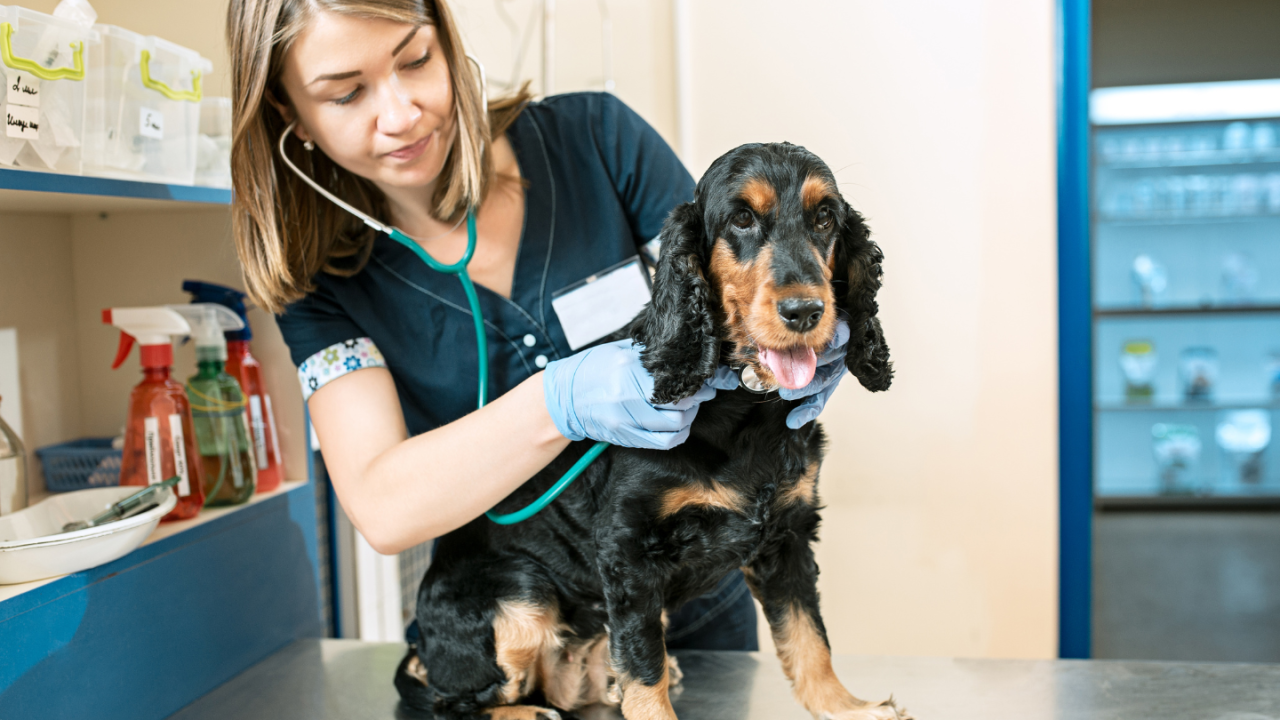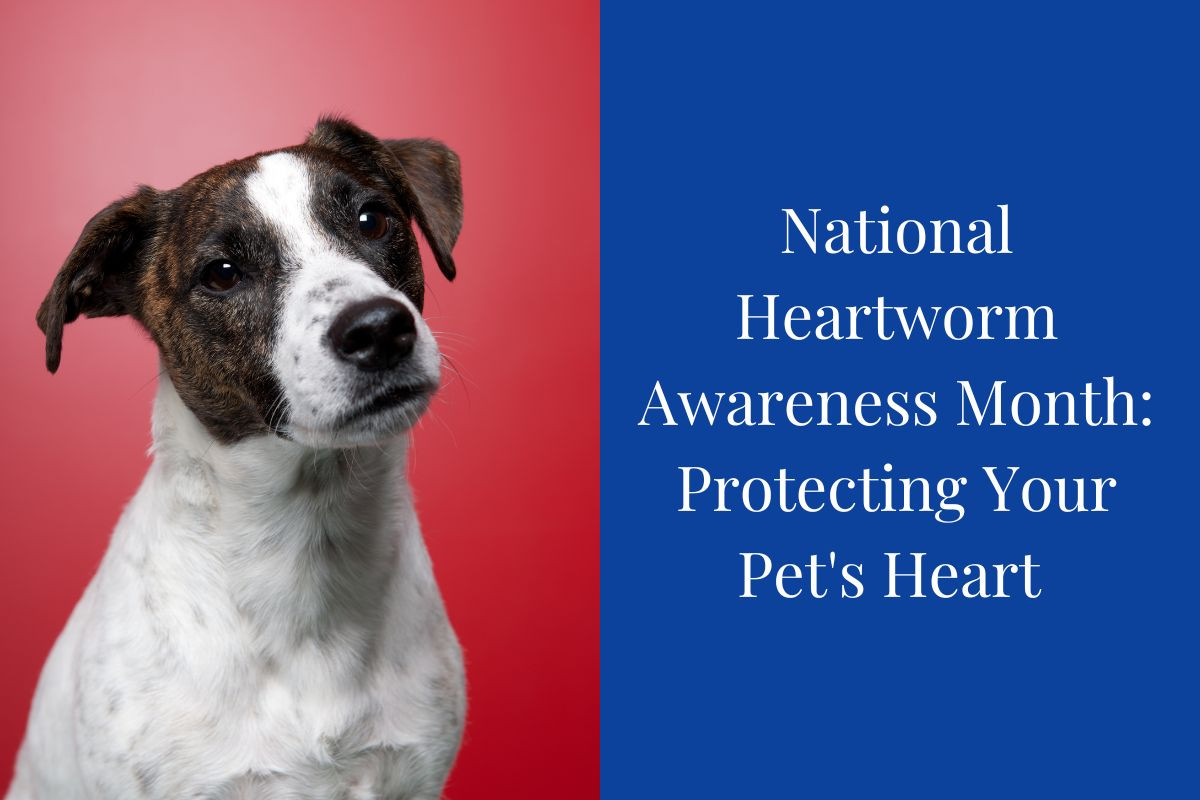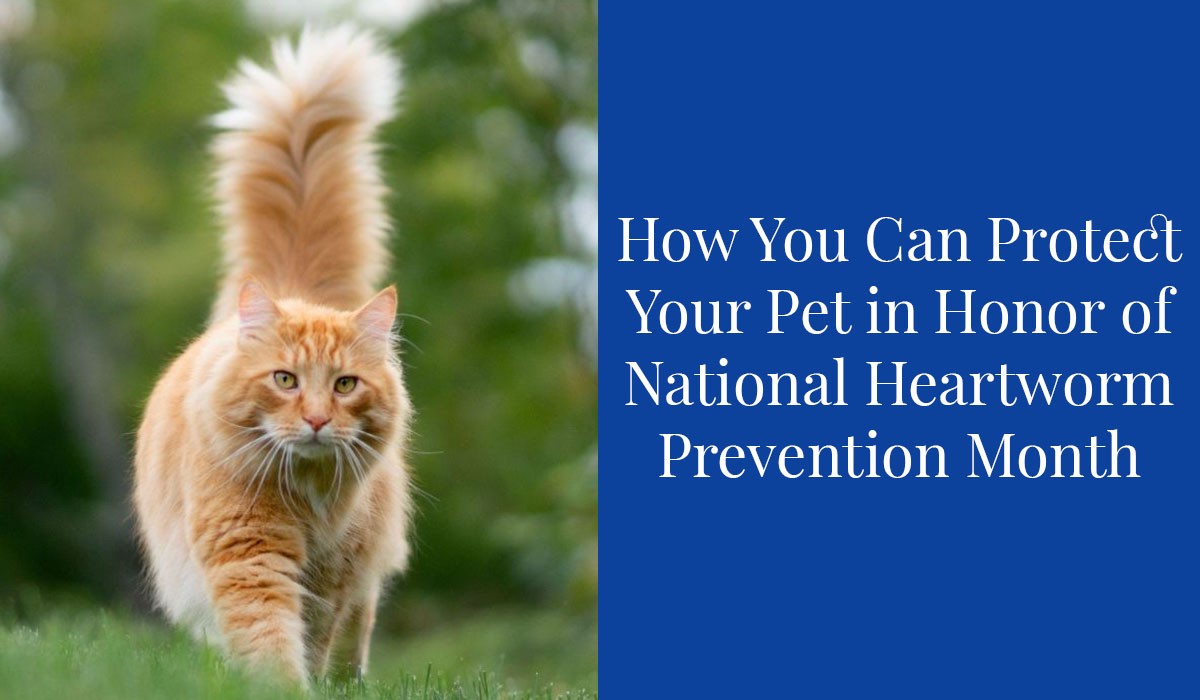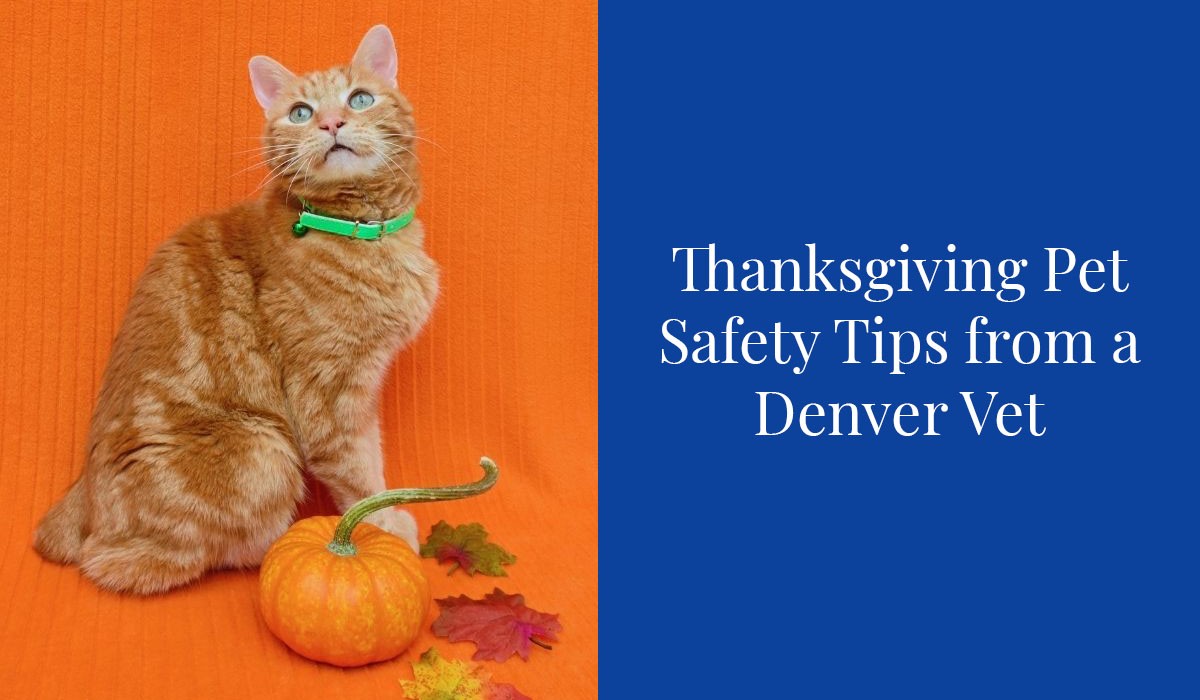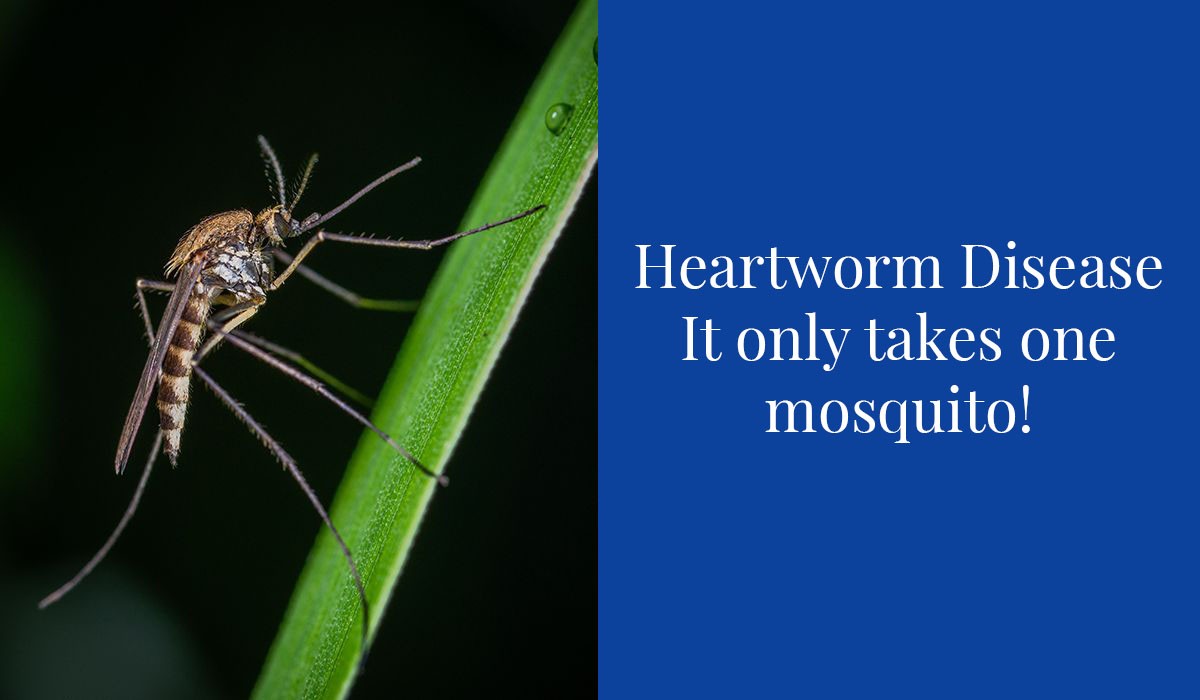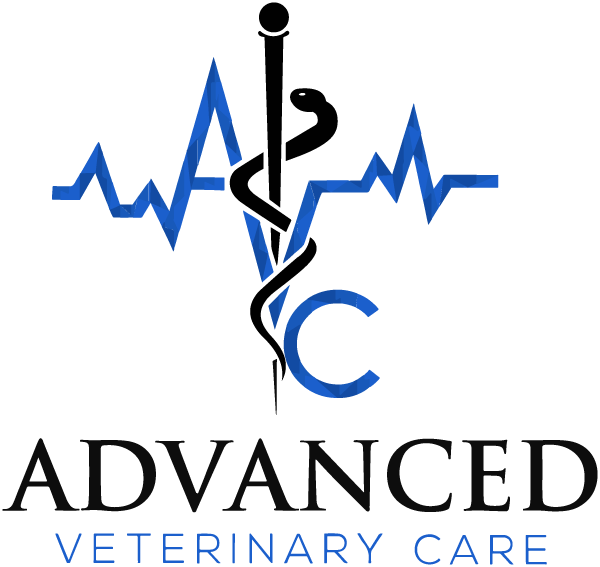Houseplants and garden greenery can enhance the beauty of a home, but some plants pose serious poisoning risks to pets. Many pet owners are unaware that certain flowers and shrubs can be toxic, leading to symptoms ranging from mild irritation to life-threatening organ failure. March is Pet Poison Prevention Month, a time to identify and remove harmful plants from your pet’s environment. At Advanced Veterinary Care of Greenwood Village, we want pet owners to be able to recognize toxic plants and create a safer space for their furry companions.
Indoor Plants That Are Hazardous for Pets
Many common houseplants contain toxins that can cause severe health problems in pets.
- Lilies: Extremely toxic to cats; even a small amount can lead to kidney failure.
- Pothos (Devil’s Ivy): Causes oral irritation, excessive drooling, and vomiting if chewed by pets.
- Aloe Vera: While beneficial for humans, it contains saponins that can cause vomiting and diarrhea in pets.
- Dieffenbachia (Dumb Cane): Can cause painful swelling, burning, and difficulty swallowing if ingested.
- Sago Palm: One of the most dangerous plants for pets; ingestion can result in severe liver failure or death.
Outdoor Plants That Pose a Risk to Pets
If your pet spends time outdoors, be cautious of toxic garden plants.
- Azaleas and Rhododendrons: Can cause vomiting, diarrhea, and potentially fatal heart complications in pets.
- Oleander: A highly toxic plant that can cause heart failure and death.
- Foxglove: Contains chemicals that affect heart function and can be deadly if consumed.
- Tulips: The bulbs are especially toxic, causing severe stomach upset and organ damage.
- Autumn Crocus: Can lead to intense vomiting, organ failure, and even death if eaten.
Keeping Your Pet Safe from Toxic Plants
You can protect cats and dogs by following simple plant safety tips. Choose pet-safe plants by researching before bringing them into your home or garden. The ASPCA has a very detailed guide on toxic and non-toxic plants that can be sorted by cat or dog toxin. Supervise time that your pet spends outdoors. If your pet roams the yard, remove toxic plants and monitor their behavior. If you must have toxic plants, use pet-proof fencing or keep the plants in places that your pet will not be able to reach.
If Your Pet Swallowed a Toxic Plant
If you suspect your pet has eaten a poisonous plant, move them away from the plant. Do not try to make them vomit; wait for veterinary instruction. Contact your local veterinarian immediately. You can also call a pet poison hotline for guidance and speak to an expert for a fee. There are several poison hotline options, like the Pet Poison Helpline, and it is good practice to save one of their numbers in your phone. Be ready to tell the veterinarian or poison control professional what plant your pet ate, about how much, and at what time.
Emergencies can happen when you least expect them, and being prepared can make all the difference for your pet’s safety. At Advanced Veterinary Care, we believe every pet owner should have the knowledge and tools to handle urgent situations. Whether it’s an injury, illness, or unexpected accident, a little preparation can save your pet’s life.
Why Emergency Preparedness Matters
Pets are naturally curious, which can sometimes lead to accidents. From ingesting toxic substances to sustaining injuries, emergencies can arise in a variety of ways. Being prepared allows you to act quickly and confidently, ensuring your pet gets the care they need.
Creating a Pet First Aid Kit
A well-stocked first aid kit is an essential part of your emergency plan. Here’s what to include:
- Bandages and Gauze: For wounds or injuries.
- Antiseptic Wipes or Solution: To clean minor cuts or abrasions.
- Tweezers: To remove splinters or ticks.
- Pet-Safe Thermometer: To check for fever or hypothermia.
- Saline Solution: For rinsing eyes or wounds.
- Medications: Include any prescriptions your pet regularly takes.
Store the kit in an easily accessible place and check its contents regularly to ensure everything is up to date.
Recognizing an Emergency
Knowing when to seek immediate care is critical. Contact Advanced Veterinary Care or an emergency clinic if your pet experiences:
Vaccines and titer testing are key components of responsible pet ownership, offering proactive ways to safeguard your pet’s health. Vaccines protect pets from harmful diseases like rabies and parvovirus, ensuring that your furry companion remains healthy throughout their life. However, titer testing for pets is an effective way to check if they still have enough immunity without the need for additional vaccinations. In recent years, many pet owners in Greenwood Village, CO, have begun exploring a balanced approach between vaccinations and titer testing to give their pets the best possible care.
What Are Vaccines?
Vaccines are a cornerstone of preventive care, designed to protect your pet from a range of life-threatening diseases. Common vaccines include those for rabies, distemper, and parvovirus, all of which are essential for maintaining your pet’s health. Vaccination schedules for pets vary based on their age, breed, and lifestyle, making it important to consult with a veterinarian about the specific needs of your furry friend.
Here are some key benefits of pet vaccines in Greenwood Village, CO:
- Disease Prevention: Vaccines can protect against deadly diseases like rabies and parvovirus, which can spread easily among pets.
- Cost Savings: Preventive care through vaccines is more affordable than treating advanced diseases.
- Community Health: Keeping your pets vaccinated helps prevent the spread of contagious diseases within the local pet population.
By following recommended vaccination schedules for pets, you can ensure that they stay healthy and protected throughout their lives. Moreover, vaccines are not just about individual health, they also contribute to the overall safety of the community by minimizing outbreaks. It’s important to work closely with your veterinarian to tailor a vaccination plan that fits your pet’s specific needs while considering local requirements in Greenwood Village, CO.
What Is Titer Testing?
Titer testing for pets is an increasingly popular method used to determine your pet's immunity levels without resorting to unnecessary vaccinations. Unlike vaccines that introduce small amounts of a virus to stimulate immunity, a titer test measures the antibodies present in your pet’s blood. This process helps determine whether your pet is still protected from diseases like parvovirus and rabies.
Spaying and neutering are essential procedures for any responsible pet owner. These surgeries not only help prevent unwanted litters but also offer significant health and behavioral benefits for your pets. Spaying, which involves removing the ovaries and uterus of female animals, and neutering, which involves removing the testicles of male animals, can prevent a range of health issues, including certain types of cancer. Additionally, these procedures can help reduce aggressive behaviors and the urge to roam, contributing to a safer and healthier life for your pets. Understanding these benefits can help you make an informed decision for your furry friends.
Health Benefits of Spaying and Neutering
Spaying and neutering provide a myriad of health benefits for your pets. These surgical procedures can significantly reduce the risk of several serious health issues. For female animals, spaying eliminates the risk of uterine infections and greatly reduces the chances of developing mammary tumors, which are cancerous in about 50% of dogs and 90% of cats. By removing the ovaries and uterus, the procedure effectively prevents these life-threatening conditions.
For male pets, neutering helps prevent testicular cancer and can also reduce the risk of prostate problems. Neutered males are less likely to suffer from prostate enlargement, infections, and cysts, all of which can be painful and detrimental to their health. By removing the testicles, neutering eliminates the risk of testicular cancer altogether.
Pain management is a crucial aspect of pet care, ensuring our furry friends lead comfortable and happy lives. Traditional methods often rely on medications, which can sometimes have undesirable side effects. Enter laser therapy, a cutting-edge, non-invasive treatment that offers an effective alternative for managing pain and promoting healing. Laser therapy uses specific wavelengths of light to penetrate tissues, reducing inflammation and stimulating cell regeneration. This approach is gaining popularity among veterinarians and pet parents alike.
What is Laser Therapy?
Laser therapy, also known as photobiomodulation, is an advanced treatment modality that uses specific wavelengths of light to interact with tissue, promoting healing and reducing pain. It works by delivering light energy to damaged cells, stimulating a physiological response that accelerates the repair and regeneration of tissues. This non-invasive method is particularly effective for conditions such as arthritis, injuries, and post-surgery recovery, offering a drug-free solution to managing chronic pain and inflammation.
Key conditions laser therapy can treat include:
Owning a pet is not just a source of joy but also a responsibility that involves more than feeding and playtime. Regular veterinary check-ups and screenings are critical to pet care, often overlooked until a pet shows signs of illness. Understanding the importance of these routine visits is key to ensuring our furry companions' long-term health and well-being.
What Does a Regular Check-Up Involve?
Often, pet owners perceive veterinary visits as necessary only when their pet is visibly sick or injured. However, regular check-ups are much more than that. They are a preventive measure to catch potential health problems before they escalate.
- Overall Health Assessment: Veterinarians examine pets from nose to tail. They check the skin, coat, eyes, ears, and mouth for abnormalities.
- Vital Signs Check: This includes assessing the heart rate, lung sounds, and body temperature.
- Weight and Diet Evaluation: Vets analyze the pet's weight and dietary habits, offering advice on nutrition and exercise.
- Vaccination Updates: Keeping up with vaccinations is essential for preventing diseases.
The Power of Early Detection
Early detection of health issues can be the difference between a simple treatment and a complicated, costly one. Regular check-ups and screenings are pivotal in identifying problems before they become serious.
Early Signs of Disease: Conditions like diabetes, thyroid disorders, and heart disease can be managed more effectively if caught early.
Behavioral Changes: Subtle behavior changes often unnoticed by pet owners can be red flags for underlying health issues.
April is National Heartworm Awareness Month, and it's the perfect time to focus on the health and well-being of our furry friends. At Advanced Veterinary Care Greenwood Village, we're committed to educating pet owners on the importance of heartworm prevention.Heartworms are parasites that can cause serious and potentially fatal health problems for pets like dogs and cats. Read on as we delve into the importance of heartworm prevention, the risks associated with heartworm disease, and steps you can take to protect your pet's heart.
Understanding Heartworm Disease
Heartworm disease is a serious and potentially life-threatening condition caused by parasitic worms that are transmitted to pets through mosquito bites. These worms can damage your pet's heart, lungs, and blood vessels, leading to severe health problems and even death if left untreated.
Symptoms of Heartworm Disease
The symptoms of heartworm disease vary depending on the severity of the infection and the stage of the disease. Some common symptoms include:
- Mild, persistent cough
- Fatigue after moderate activity
- Decreased appetite
- Weight loss
- Swollen belly due to excess fluid in the abdomen
- Reluctance to exercise
In severe cases, pets may experience heart failure, collapse, or sudden death. It is important to remember that some pets may show no symptoms, making regular check-ups and preventative measures crucial.
Did you know that this month is National Heartworm Awareness Month? Temperatures are rising, and peak mosquito season will be here before we know it, making now an excellent time to find out how to protect your furry family member. Our skilled veterinarians provide effective heartworm prevention medications for pets in Denver at Advanced Veterinary Care of Greenwood Village and will help you give your dog the healthy, happy life they deserve. Read on to learn more.
With 2022 well underway, your thoughts may have turned to making positive changes in your life. Instead of only thinking about how to improve your health in 2022, why not come up with a few health goals for your furry family member, too? As a Denver veterinarian, Advanced Veterinary Care of Greenwood Village wants to help you give them a fantastic life. For this reason, we decided to share a few New Year's resolutions for pets. Keep reading to discover a few easy lifestyle improvements that can have a substantial effect on your cat or dog’s health!
The winter holidays are here! Are you ready? If you're having difficulty picking out a gift for your cat or dog, we can help. The veterinarians at Advanced Veterinary Care of Greenwood Village want your dog or cat to have a safe and happy yuletide season, so we made the decision to talk about some excellent — though untraditional — gift ideas for pets. We're also here to lend a paw if your pet needs to see a veterinarian in Denver in the upcoming weeks. If you're looking for some last-minute gift ideas for your furry family member, keep reading.
Thanksgiving is fast approaching, and it’s only natural to want to share the holiday with your furry family members. After all, what would most pets enjoy more than a holiday that’s centered around yummy foods? Before the big day arrives, though, it’s vital to familiarize yourself with the many potential hazards your pet could face. Many of the foods and ingredients we humans love are toxic to our canine companions and feline friends. Here at Advanced Veterinary Care of Greenwood Village, we don’t want any animals to get sick this Thanksgiving. Keep reading to discover some important safety tips from a Denver vet!
Did you know that April is National Heartworm Awareness Month and Prevent Lyme Disease in Dogs Month? These events highlight the importance of preventing two parasites - heartworm and ticks - but there are other nasty critters you should be protecting your pet from, too. Keep reading to learn more about parasite prevention in Greenwood Village from the veterinary experts right here at Advanced Veterinary Care of Greenwood Village.
The Christmas season is a joyous time of year that should be filled with fun and festivity. Unfortunately, it’s also a period that tends to be quite unsafe for our beloved companions. Several of our favorite parts of the holiday season are dangerous to our four-legged family members. And if you're not mindful, your cat or dog could end up hurt, sick, or a whole lot worse.
As a vet in Denver, we treat a lot of pets who are feeling under the weather as a result of eating something they shouldn’t have. While many of those cases occur because a dog or cat decided to snack on something while their owners weren’t looking, others involve pets who got sick after eating something their owner gave them.







